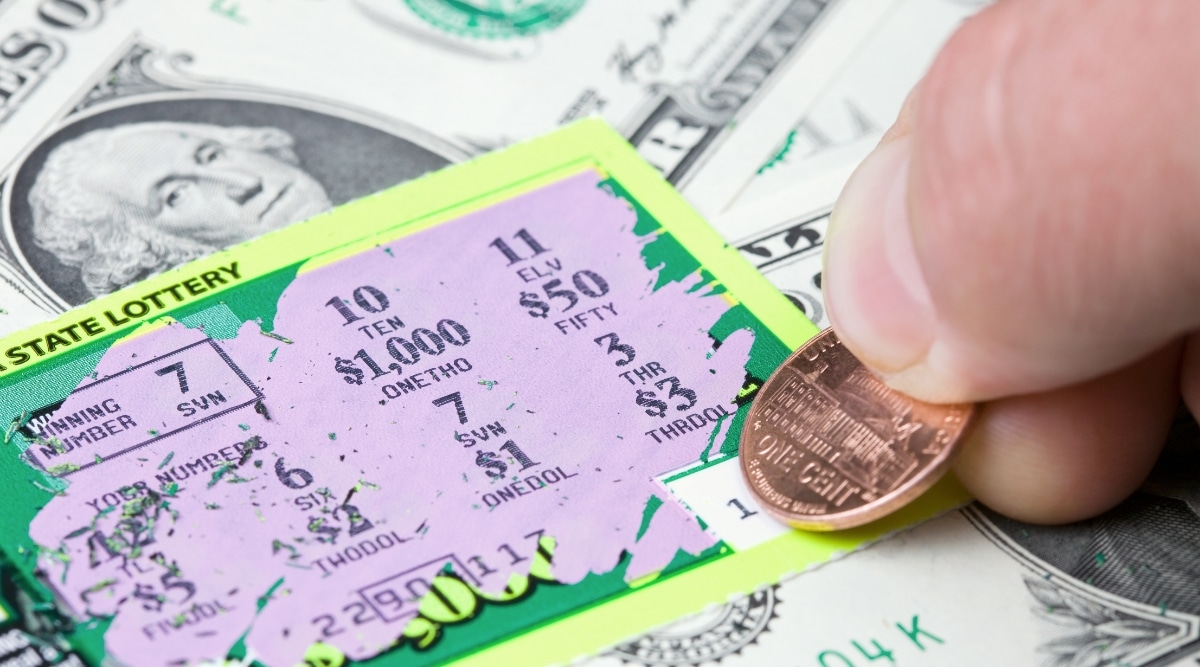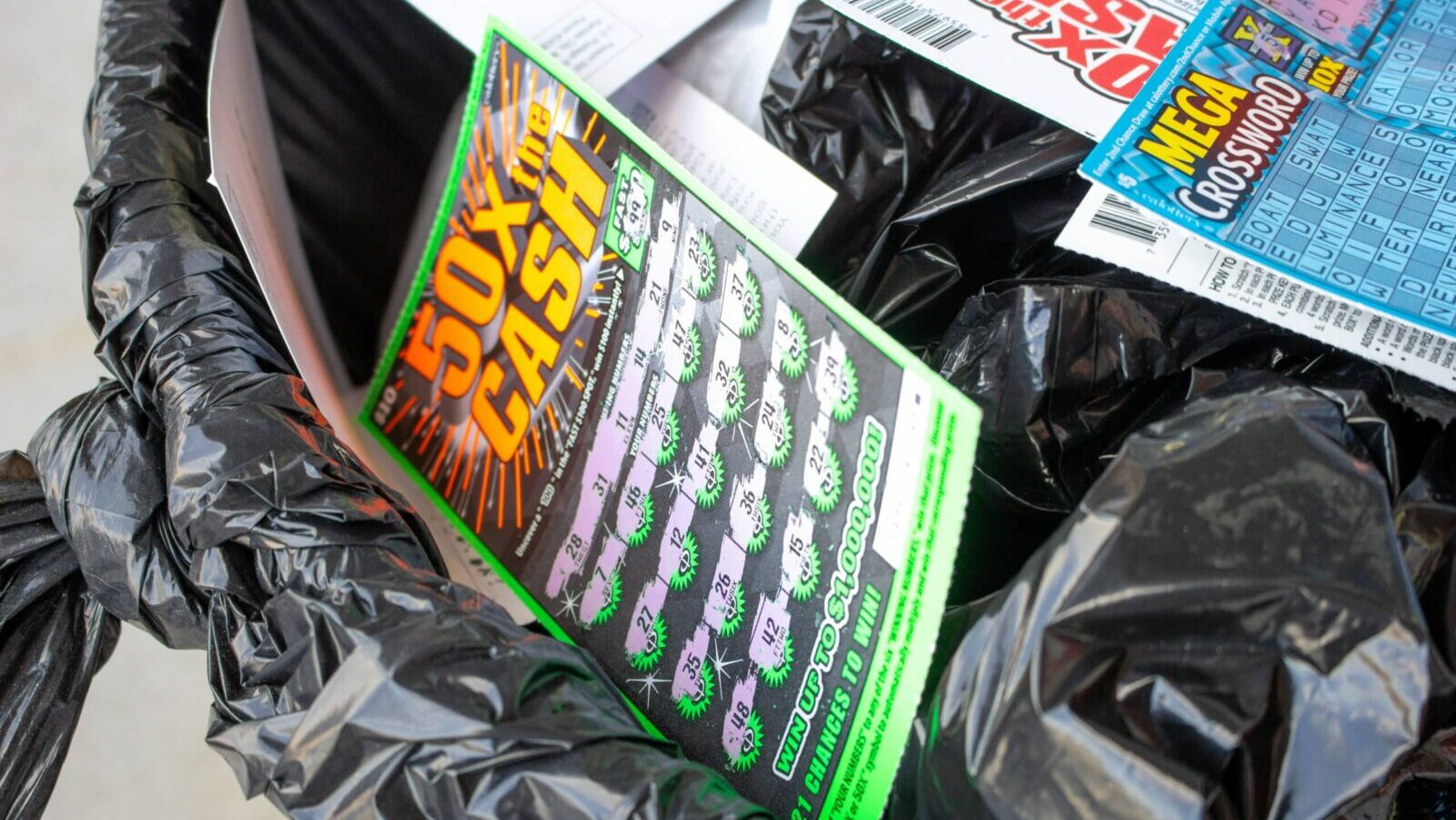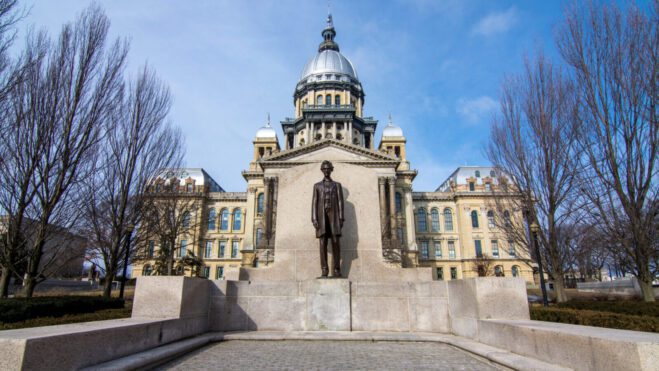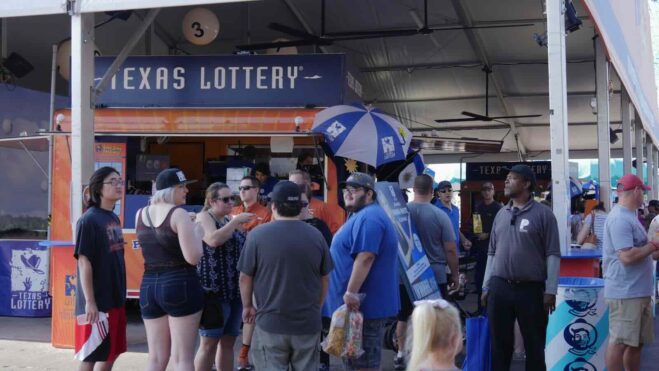Most people can’t wait to collect their winnings after they win the lottery. They plan their next moves while reading a Lottery Geeks’ article on how NOT to go broke after striking it rich. On the other hand, some people who win the lottery don’t even know they won. They never claimed the prize since they didn’t even check their ticket.
The deadline to snatch the grand prize comes and goes. The loot remains untouched. This was the situation last week when a $44 million lottery ticket sold in Central Florida wasn’t claimed. Many residents were shocked and that made some wonder where the money went after a claim deadline had passed.
Lottery Geeks wanted to examine how lottery companies in different states and countries handle unclaimed prizes.
In the case of the unclaimed $44 million ticket sold in Florida, lottery officials told the press corps that 80 percent of the money would go into the Educational Enhancement Trust Fund. Usually, this money gets divided between Florida’s school districts. However, the Florida Legislature determines how funds will be allocated year-to-year.
Nevertheless, the money gets put towards the education system — benefiting the young minds of tomorrow.
Lottery Geeks readers might ask: What about the other 20 percent of the unclaimed prize money?
Florida lottery officials said the remainder of the money will go back into the state’s prize pool. From there, it will be used for future draws. Some of the funds will also be used for “special draws.” In simpler terms, it’s an extra draw.
Fortunately for the store that sold the ticket, they will still receive a percentage, according to a report by NBC affiliate WESH. For the reader’s information, the store getting a percentage of the unclaimed prize money is a big deal because the vendor only gets its cut if the prize is claimed. At least, that’s what the Florida Lottery has said and done in the past.
How do states outside of Florida deal with unclaimed prize money?
They have a similar way of handling unclaimed prize money. The vast majority will be redistributed into an education fund or a scholarship. Other states like Colorado will put money towards wildlife and agriculture with its distribution fund. Georgia Lottery will contribute a portion of the unclaimed prize money to the state’s Department of Behavioral Health and Developmental Disabilities for education and treatment programs for problem gambling. Pennsylvania will use unclaimed prizes to support older adults.
Most of the states mentioned above, plus a few more, will put unclaimed winnings back into a future draw and, in exceptional cases, use the money to promote future lottery draws.
Prizes being left unclaimed isn’t a uniquely U.S.-based problem. It happens in Canada, as well.
Over the summer of 2023, a $70 million CAD ($52 million USD) ticket was left unclaimed in Ontario, Canada. The draw initially took place in June 2022. The ticket winner had a year to claim the prize.
The funny thing was when the Ontario Lottery and Gaming Corporation (OLG) initially reached out to the public to find the winner; they saw 100 people claiming to have won the prize and over 2,400 calls trying to convince investigators that they lost the winning ticket.
A few weeks later, the OLG found all the claims were bogus, and the $70 million CAD prize was untouched.
What exactly happened to the money?
OLG spokesperson Tony Bitonti told media members that OLG would put the money back into the Ontario Lotto Max prize pools.
“Eventually, that money will come back to the players,” he said.
And once it’s won, the Canadian government can claw back a few more dollars.
Lottery Geeks found that most lottery companies in Canada follow the same practices. Unlike lotteries in the U.S., the money that gets redistributed back into society gets taken out of the cost of entry — the ticket. Therein, no tax is applied to the winnings.
Intuit Turbotax’s website says how lottery winnings are taxed: “Winnings from a Canadian lottery such as Lotto Max or 649 are considered to be windfalls, and windfalls are not subject to tax. Even winnings from a sweepstake or lottery sponsored by a charitable organization are generally tax-free. Everything from your local hockey team’s 50/50 draw to the Big Brothers/Big Sisters travel lotto vouchers are included in the windfall category and therefore not subject to tax.”
One thing to keep in mind for Canadians who claimed some prizes, Intuit Turbotax says, “… though the Canada Revenue Agency (C.R.A.) does not tax the winnings themselves, you may need to pay taxes on any income that money generates if you invest in a non-registered investment or account.”
In layperson’s terms, if a person puts their winnings into a savings account, the C.R.A. can tax the interest earned on the prize money. The C.R.A. can also tax any dividends earned on stocks or mutual funds purchased with prize money.
So for Canadian lottery winners, the prize money does find its way back into the economy if the winner chooses to further their winnings. Until then, the loot gets back in the pot for millions of Canadians to contest its conquest.
A vital thing many insiders like to say in the gaming industry is that society usually benefits no matter where prizes go unclaimed in North America. Whether it’s money being put into the education system or used to help wildlife and agriculture, people can rest easy knowing the money isn’t wasted or ending up in some rich CEO’s pocket.







